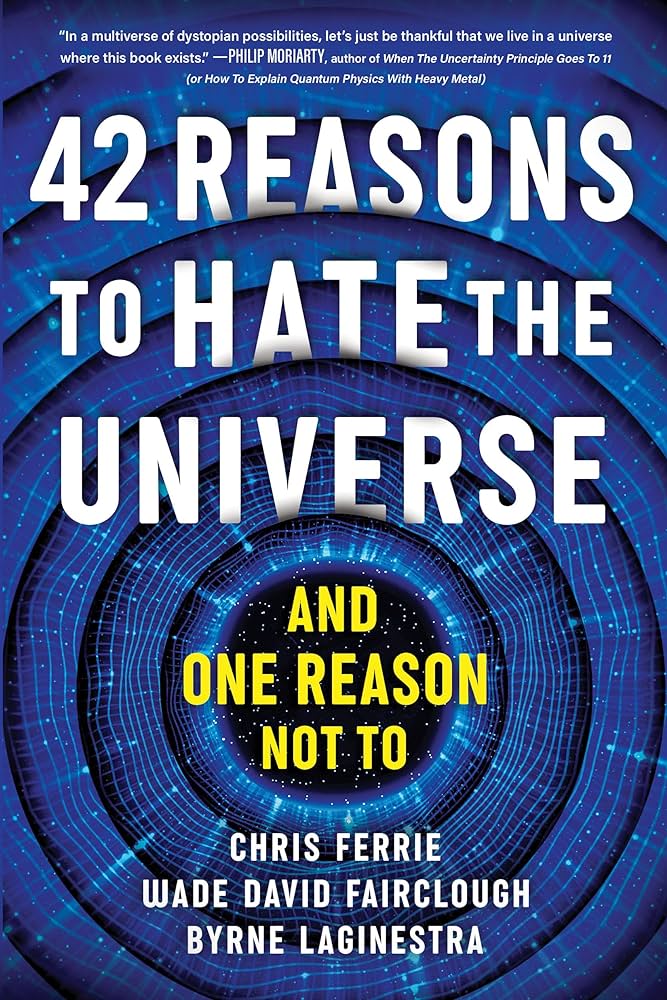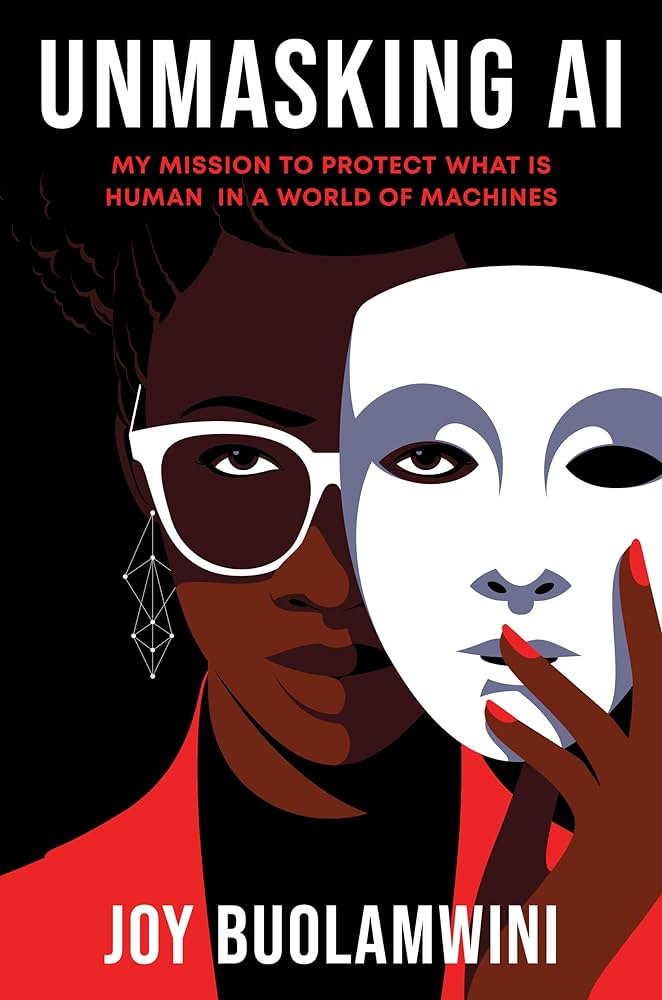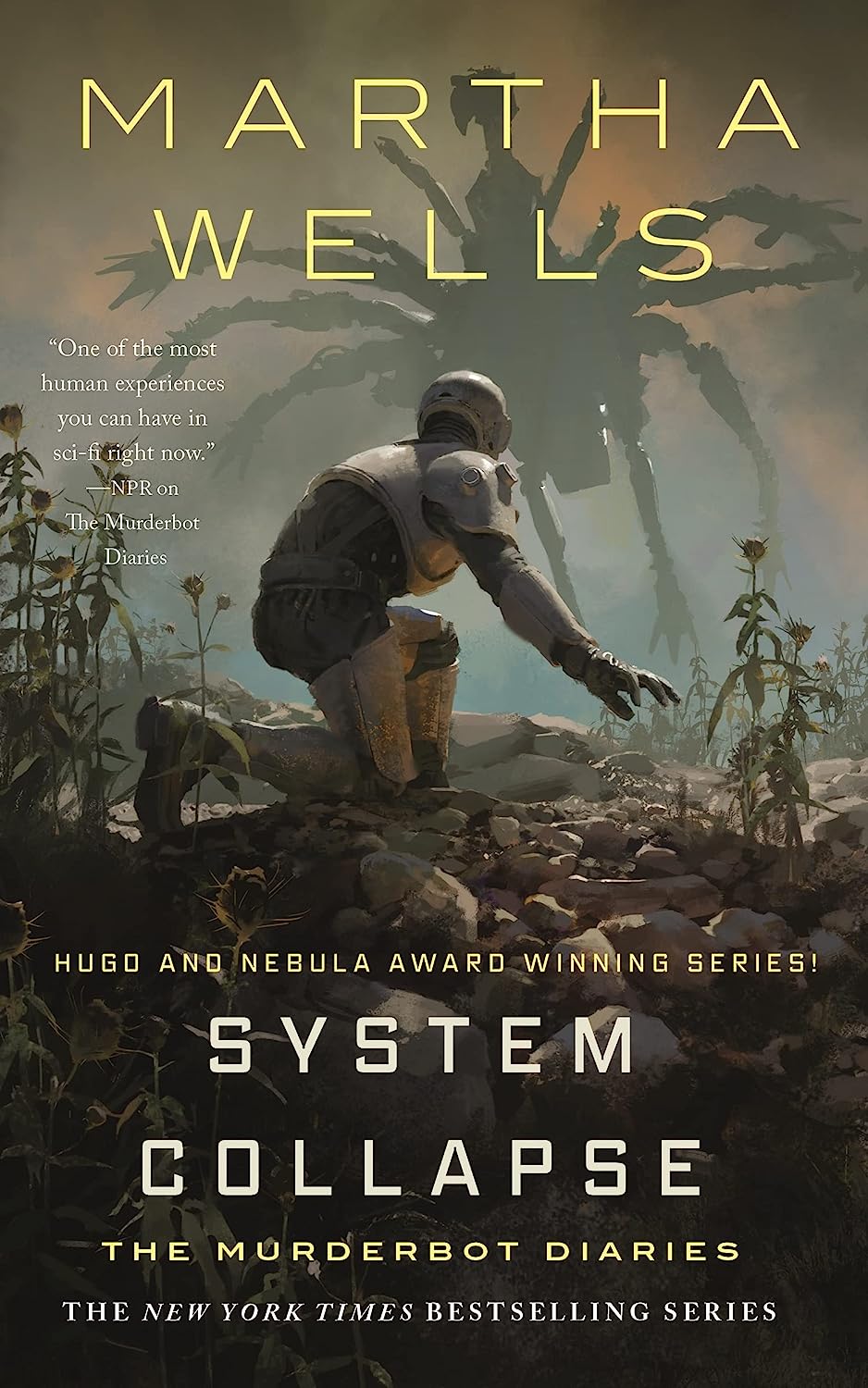
by Chris Ferrie and others
Sourcebooks, 2024
This review was first published by Booklist on December 1, 2023.
Ferrie, best known for his Baby University board books, presents a delightfully profane and cranky work for adults. As the title states, he and his coauthors describe 42 ways the universe wants to kill us. Most of these threats exist right here on Earth (animals, earthquakes, volcanoes, climate change, the air we breathe and water we drink), but things get much worse once we get into space (cosmic radiation, black holes, the violent death of stars, various theories as to how the universe might end). Some ideas are more plausible than others, but it all paints a clear picture of just how precarious and unlikely it is that complex, intelligent life should exist at all. The question of whether we’re alone suggests answers that are equally unpleasant. Each chapter is relatively short, but all the essential information is there to make sure readers understand just how vicious our universe is. It’s funny, snarky, and bleak while still being informative and engrossing. It’s an apt approach for our cynical times.








